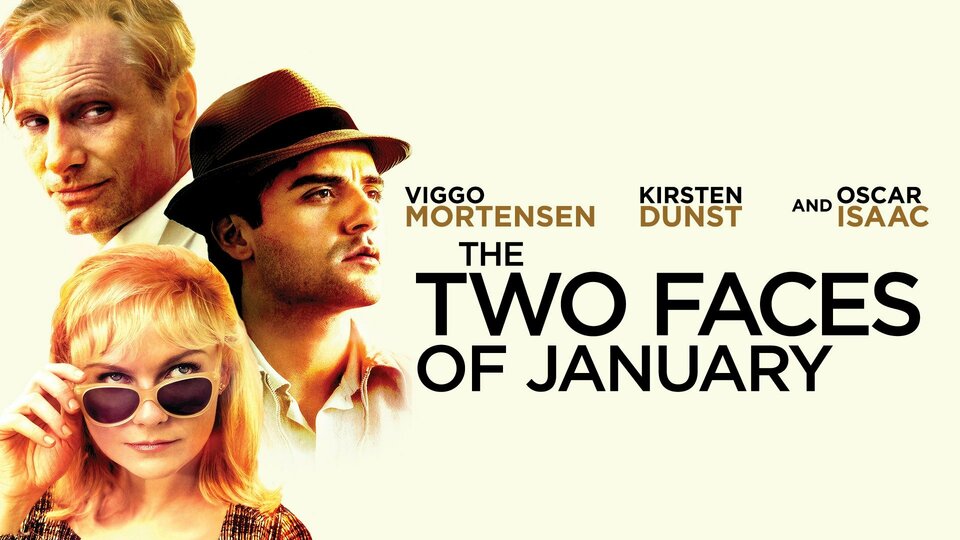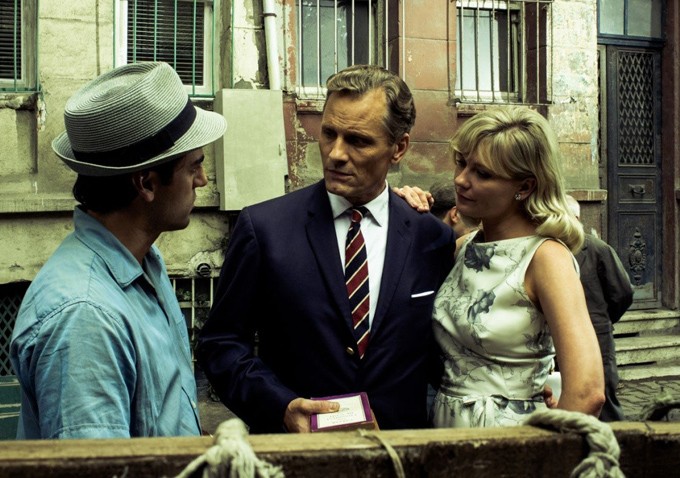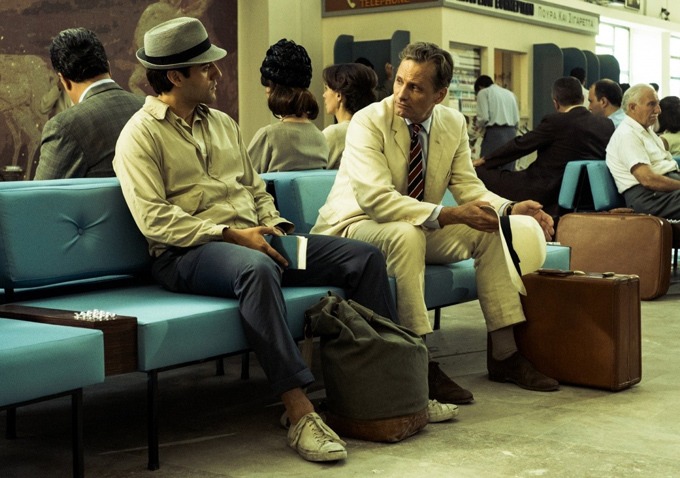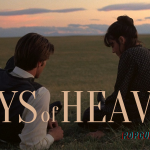Two Faces of January (2014)

Two Faces of January (2014) is a psychological thriller directed and written by Hossein Amini, marking his feature directorial debut. Based on Patricia Highsmith’s 1964 novel of the same name, the film stars Viggo Mortensen, Kirsten Dunst, and Oscar Isaac in leading roles. Set in the picturesque yet tense environments of 1960s Greece, the story delves into themes of deceit, guilt, and survival. The film’s gripping narrative, combined with its strong performances and atmospheric direction, offers a compelling exploration of human vulnerability and moral ambiguity.
The film follows the story of Chester MacFarland (Viggo Mortensen), an American con artist, and his wife, Colette (Kirsten Dunst), as they travel through Greece. Their seemingly perfect vacation takes a dark turn when they encounter a young tour guide named Rydal (Oscar Isaac). After Chester inadvertently kills a private detective who is chasing him for a crime, the three find themselves in a dangerous and complex situation. As they try to cover up the murder, the tension between the characters grows, and each person’s true intentions and desires begin to surface. What ensues is a dangerous game of cat-and-mouse, where trust and betrayal become increasingly blurred.
Two Faces of January explores themes of guilt, trust, and the consequences of living a dishonest life. Chester’s past of deception and manipulation follows him, and the murder he commits only exacerbates his moral struggles. As the story progresses, the characters are forced to confront the consequences of their actions, with each decision leading them deeper into a web of lies and danger. The film highlights how trust can be both a powerful and destructive force, as the characters’ relationships are tested by their hidden motives. Amini’s direction skillfully unravels these themes, using the suspense and tension to explore the psychological effects of living in fear and secrecy.

The development of the three central characters is crucial to the film’s success. Chester is portrayed as a charming yet morally corrupt man, whose desperation leads him to make reckless choices. Viggo Mortensen gives a nuanced performance, capturing Chester’s vulnerability and inner conflict as his past catches up with him. Colette, his wife, is a woman caught between loyalty to her husband and a growing realization of the danger he brings to her life. Kirsten Dunst’s portrayal of Colette is both subtle and compelling, as she navigates her internal struggle and the unfolding tension. Rydal, the young tour guide, becomes entangled in their web of lies, and Oscar Isaac’s performance adds complexity to his character, as he grapples with his attraction to Colette and his moral compass. As the story progresses, the characters’ motivations evolve, and their relationships become increasingly fraught with tension.

Hossein Amini’s direction in Two Faces of January is marked by its atmospheric tension and beautiful yet haunting cinematography. The film’s setting in Greece plays a significant role, with the sun-soaked landscapes and architectural beauty providing a stark contrast to the growing sense of danger and paranoia. The cinematography by Marcel Zyskind captures both the breathtaking vistas and the intimate, often claustrophobic moments between the characters. Amini uses the setting to reflect the emotional and psychological tension that builds throughout the film. The slow-burn pacing adds to the suspense, as the characters’ actions become increasingly reckless, heightening the feeling of inevitability and doom.

In conclusion, Two Faces of January is a captivating psychological thriller that masterfully blends suspense, character development, and moral ambiguity. The film’s exploration of guilt, trust, and deception is compelling, with strong performances from Viggo Mortensen, Kirsten Dunst, and Oscar Isaac. Hossein Amini’s directorial debut successfully captures the tension and complexity of the human psyche, drawing the audience into a world where the lines between right and wrong become increasingly blurred. Two Faces of January is a gripping and thought-provoking film that lingers long after the credits roll, offering a haunting exploration of human nature under pressure.











